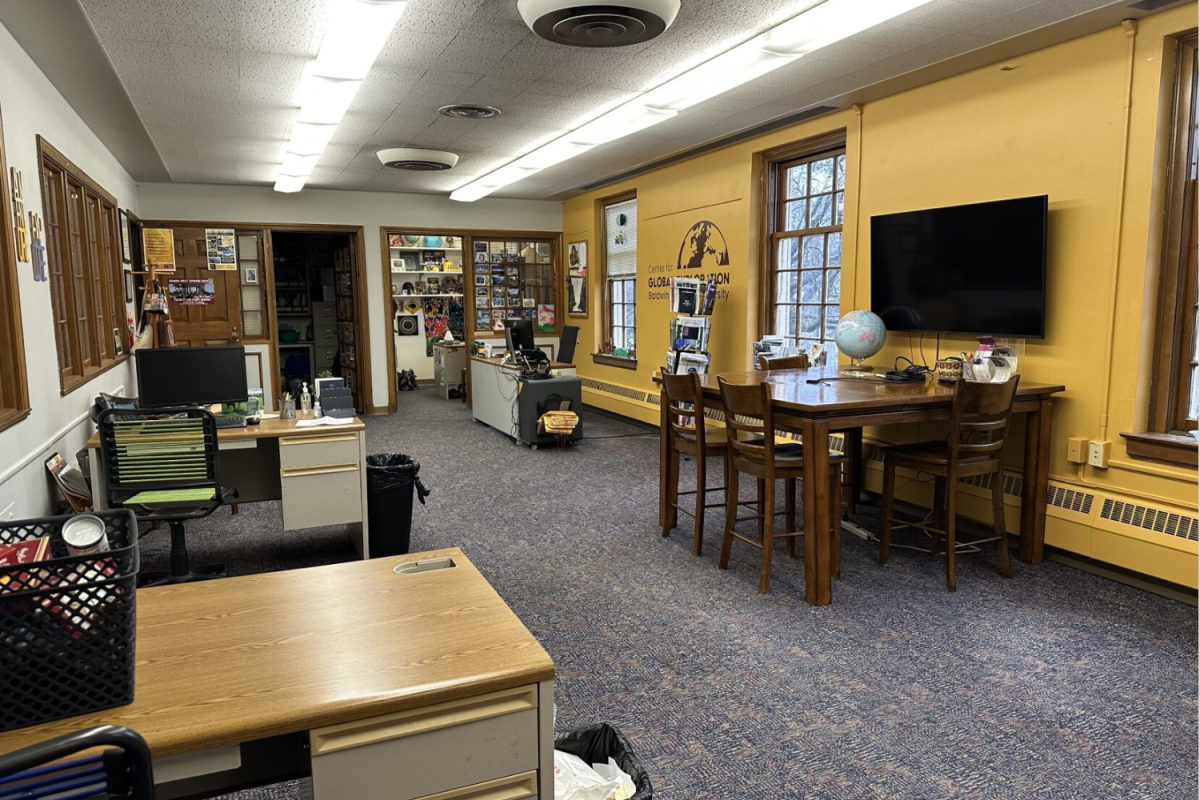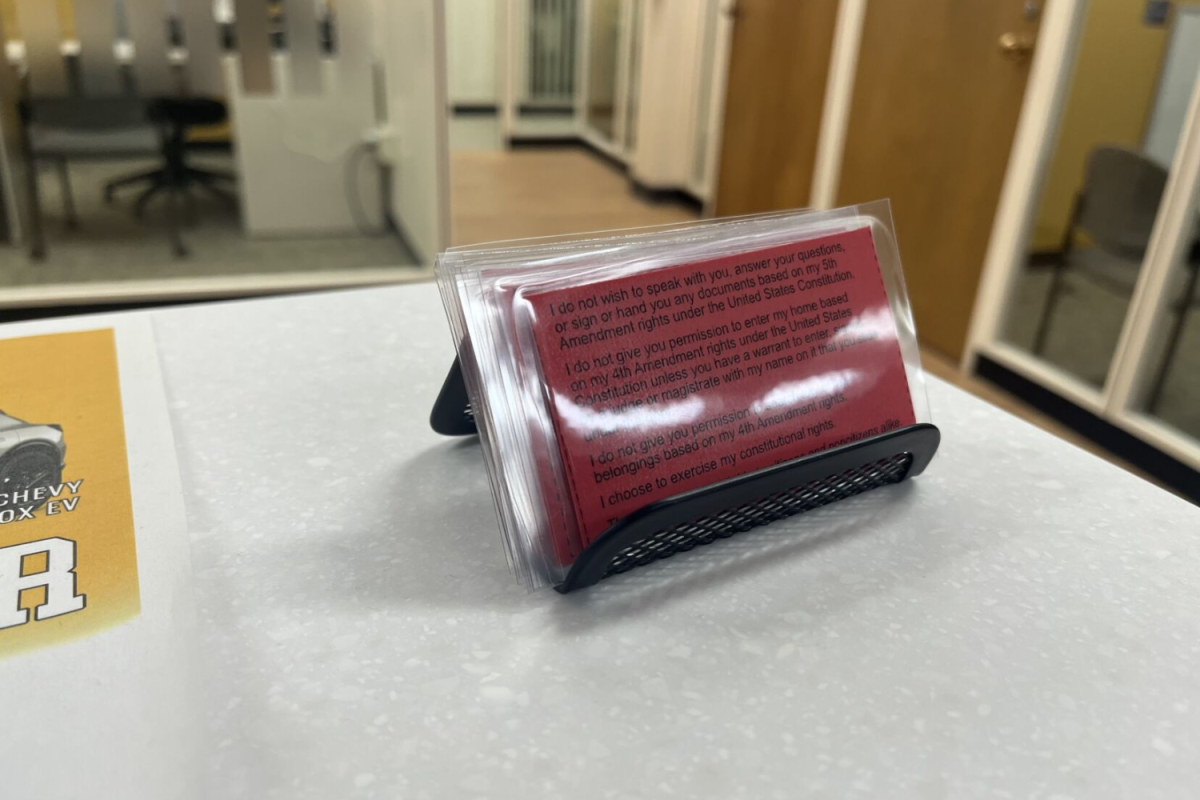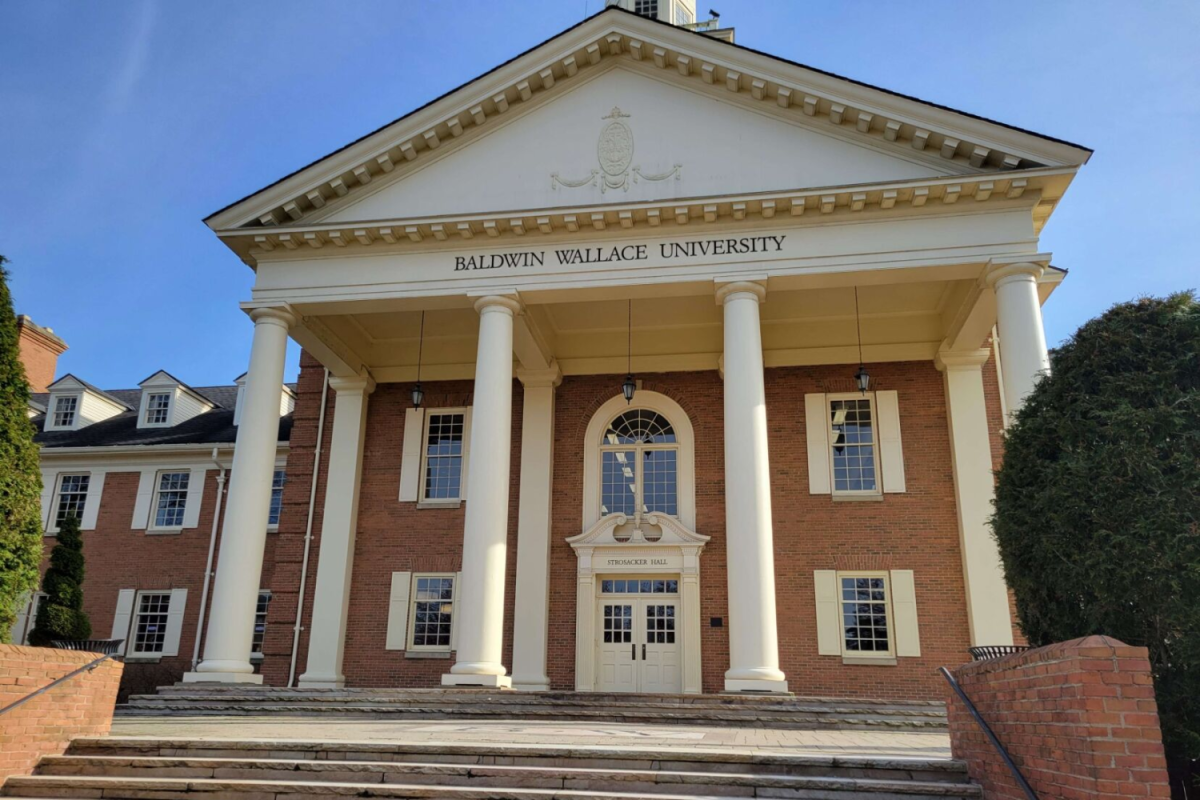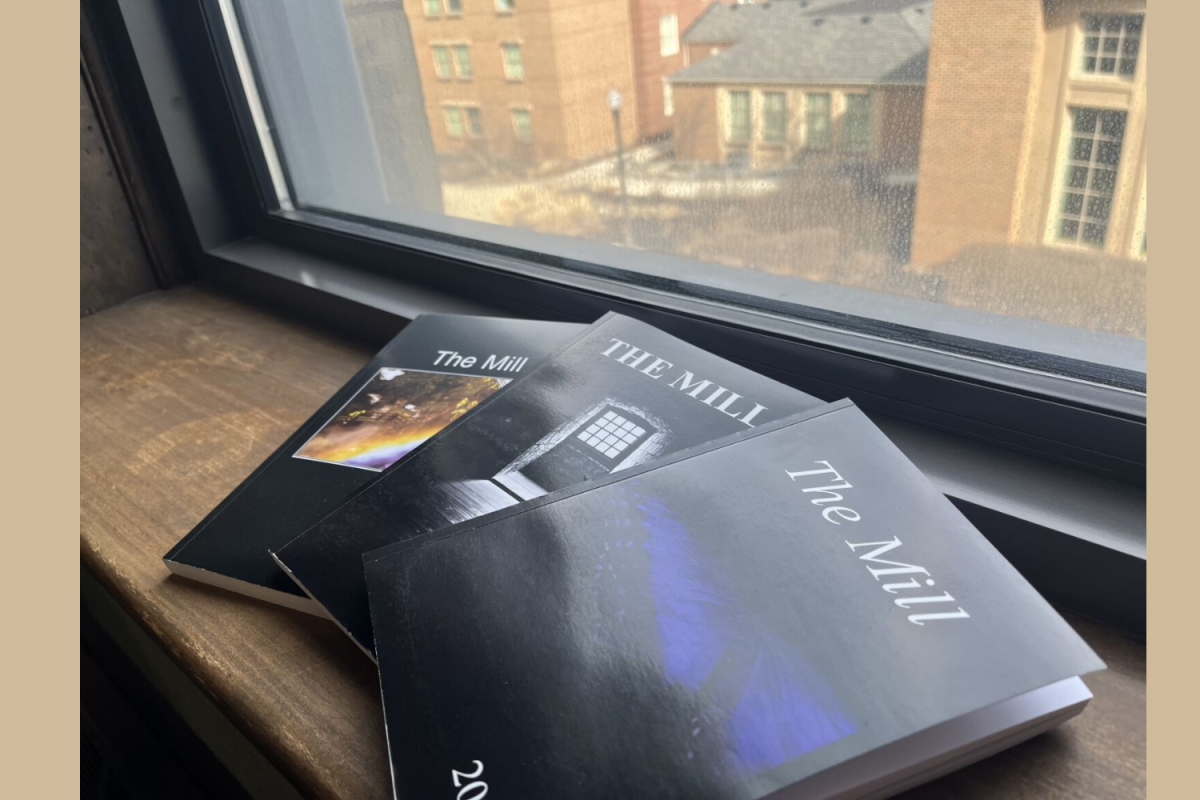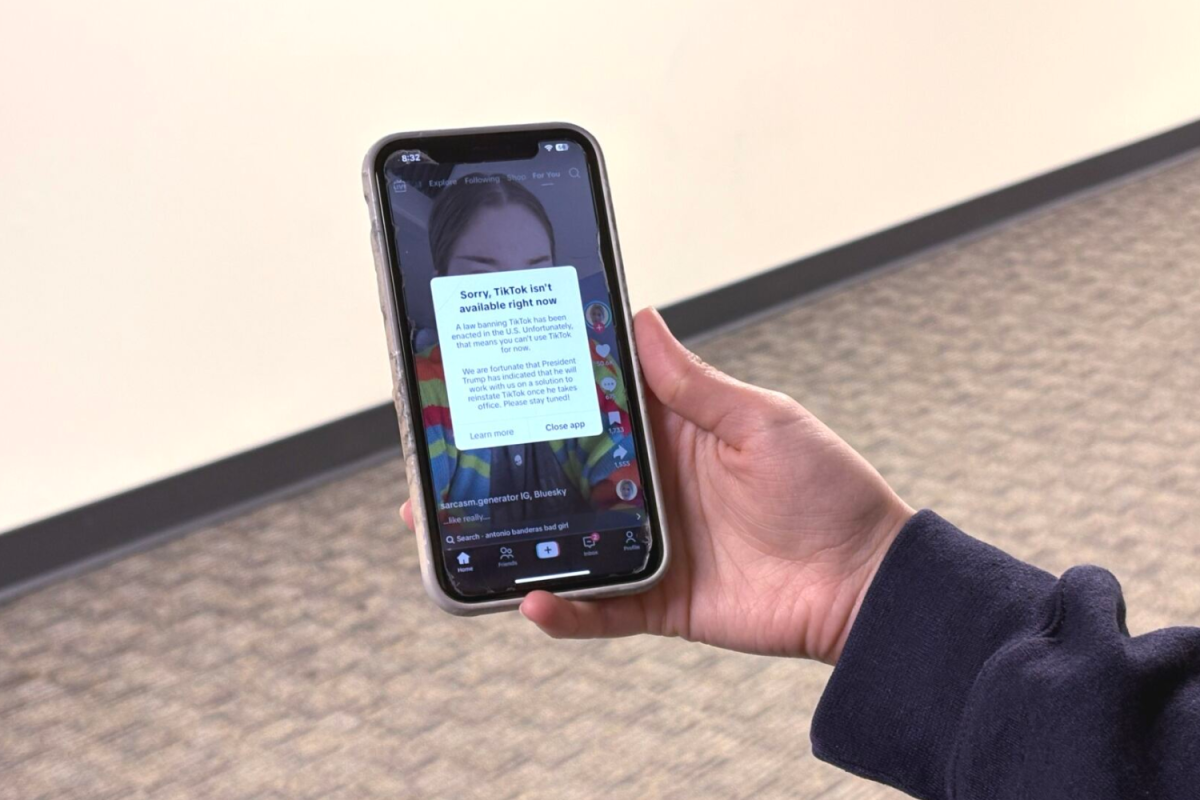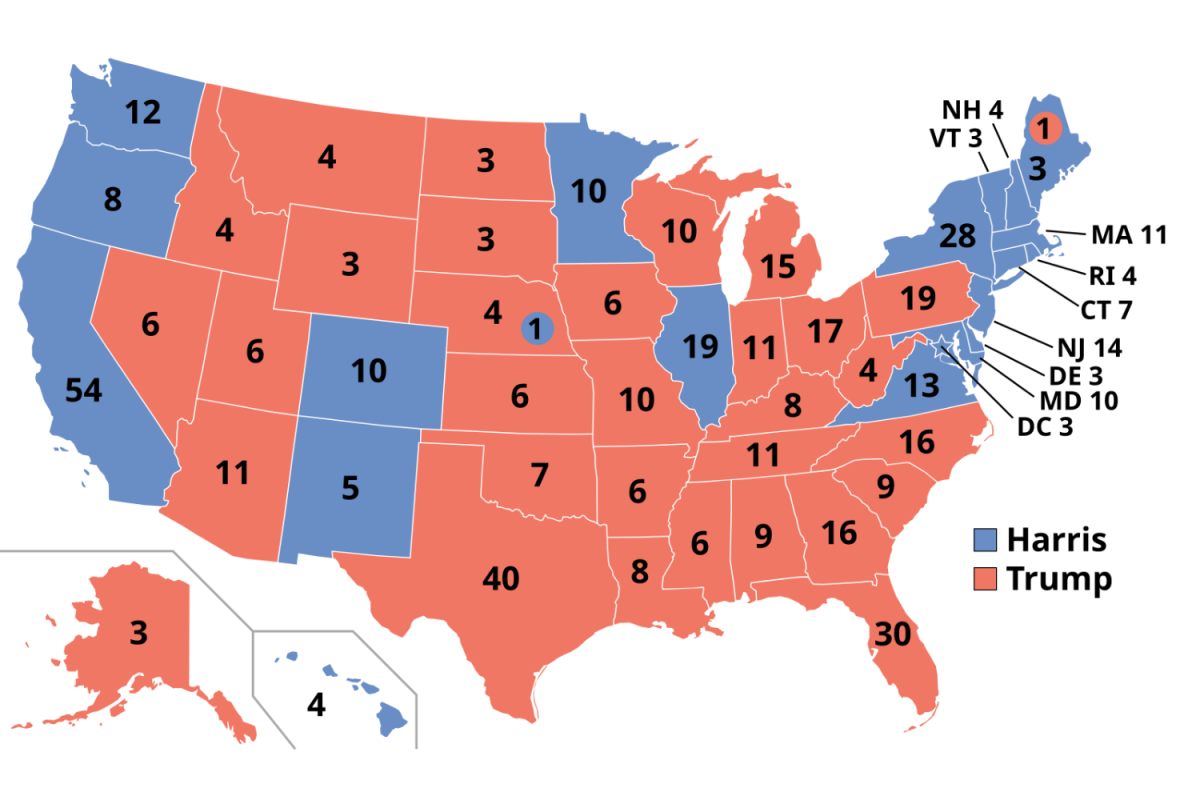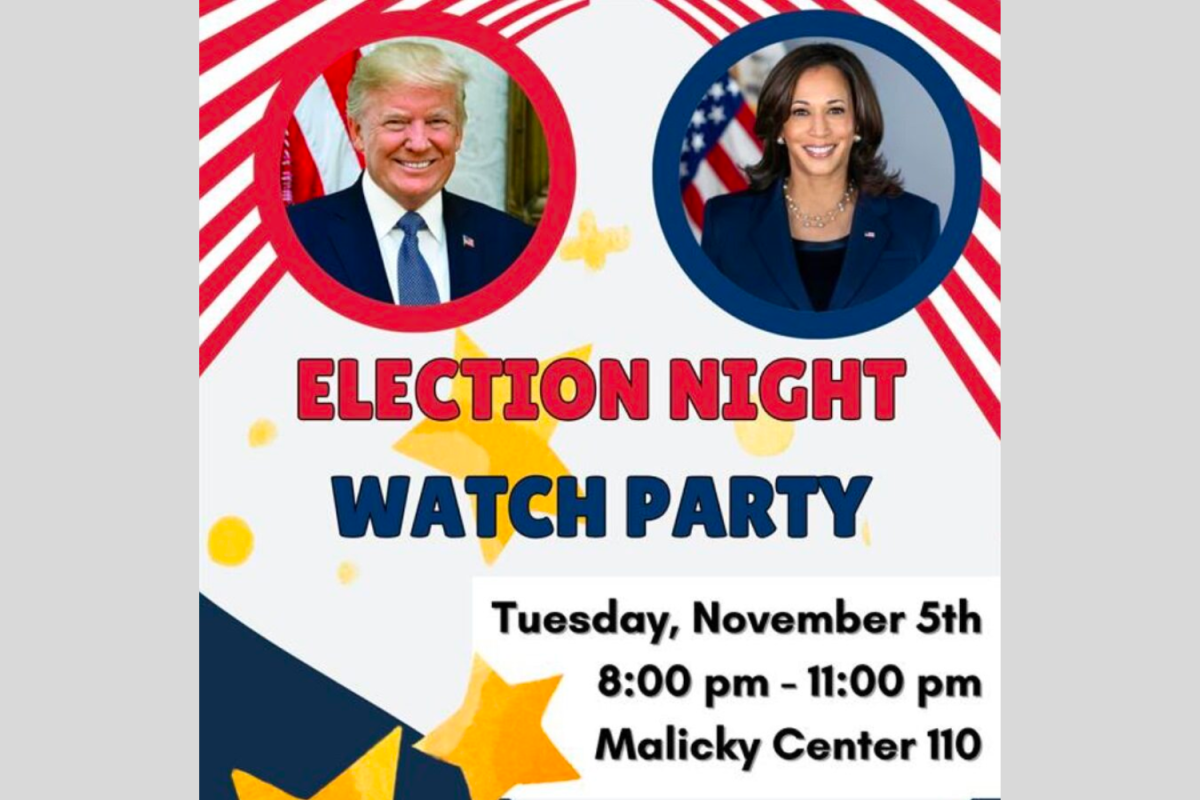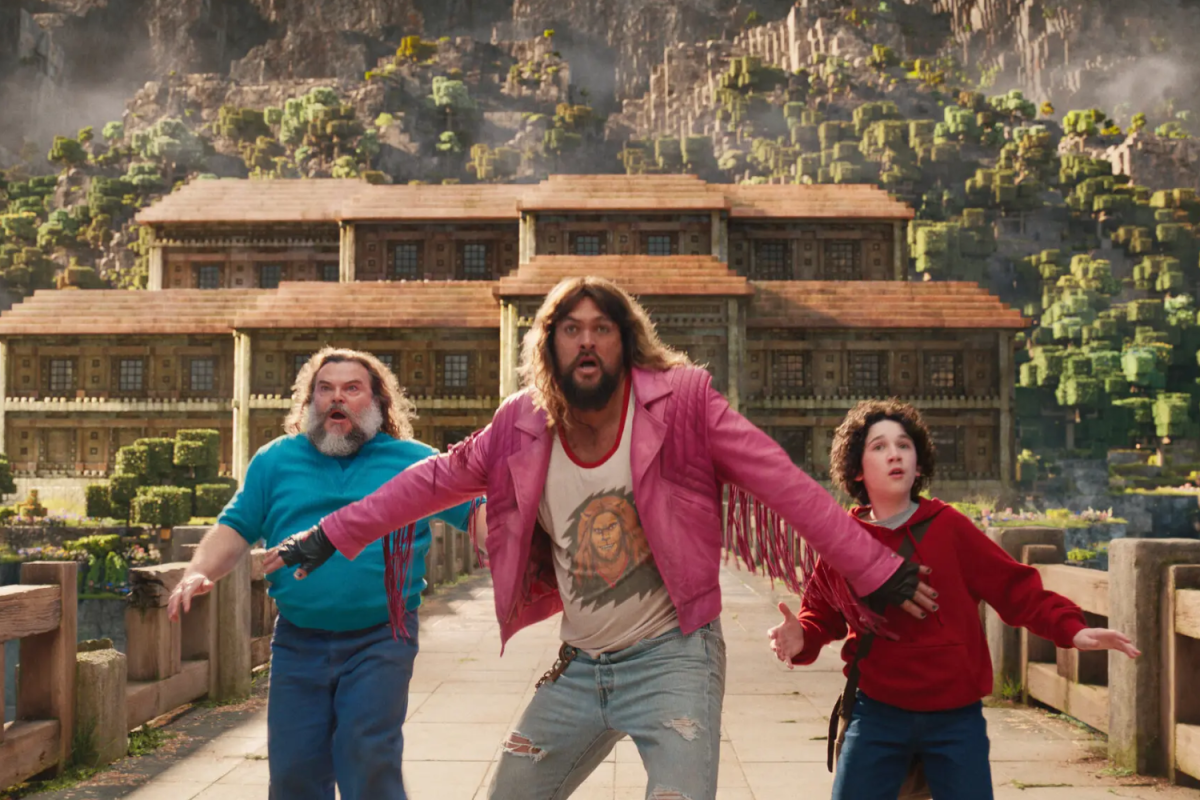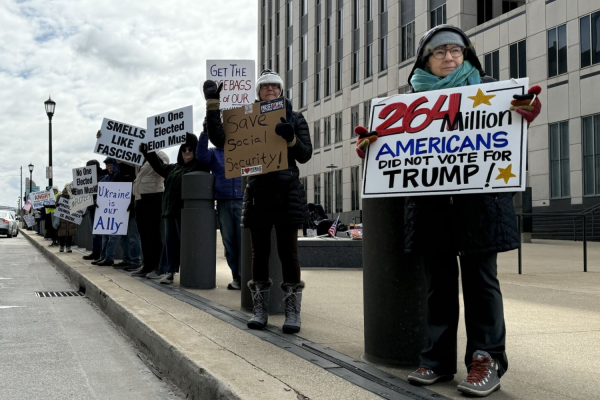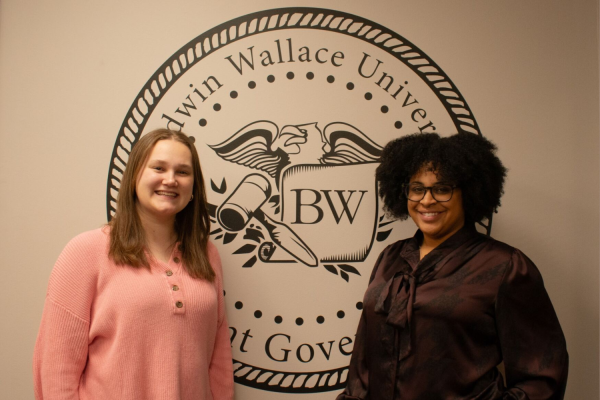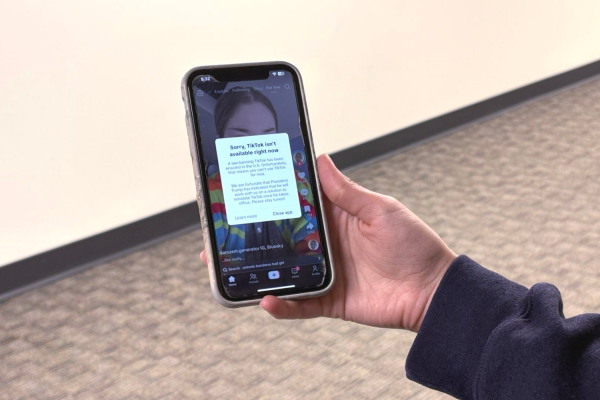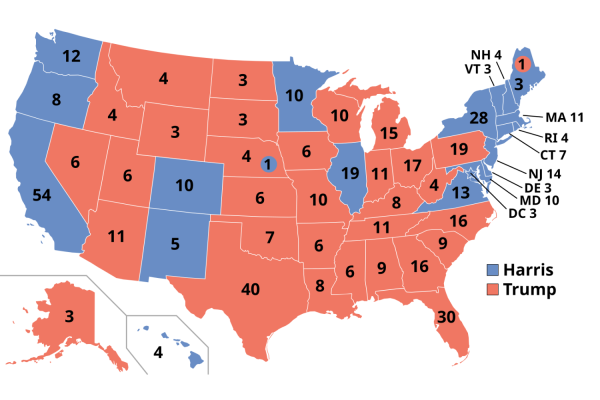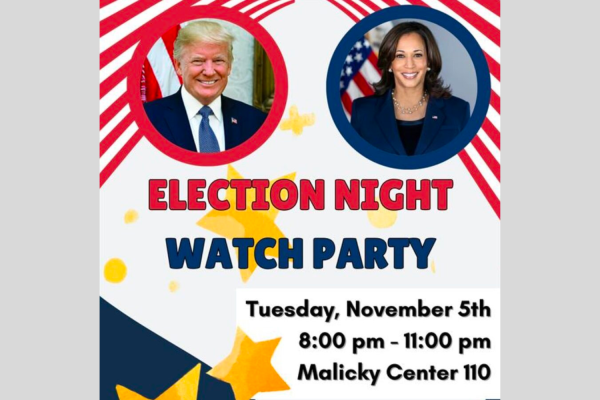Why our Democracy isn’t working and why Gen Z is the Solution
A study done by Princeton University found that public opinion is rarely reflected in the policymaking process. The study claims that the bottom 90% of income earners are “statistically nonsignificant,” as the study claims. Now, if regular, hard-working citizens are not influencing the policymaking process, who is? Corporate entities have spent 5.8 billion dollars on lobbying and campaign contributions over the past five years. This influence peddling allows them to influence the policymaking process to benefit wealthy corporate interests while trampling upon the layperson often these are mutually exclusive. This form of “corporate governance” fuels partisan politics and leads many to believe that our democracy is not working.
We are operating in two different universes. There is the Republican universe with their media and politicians. Then there is a Democrat universe with their respective media and politicians. George Washington warned us in his farewell address about partisan politics and political parties, saying, “However [political parties] may now and then answer popular ends, they are likely in the course of time and things, to become potent engines, by which cunning, ambitious, and unprincipled men will be enabled to subvert the power of the people and to usurp for themselves the reins of government, destroying afterward the very engines which have lifted them to unjust dominion.”
It will be on our generation to address these problems and shift the political window to new frontiers. We cannot become victims of partisanship and corrupt our politics. However, more importantly, we cannot let certain entities, corporate or otherwise, use these parties as the “potent engines” for their success over the survival of the American people. This is our sacred honor to build a 21st-century government and society that truly reflects the ideals of, by, and for the people. For the entirety of our lives, we have been told that we are the problem, that young people are demanding too much, but to that we say, we are not the problem; we are the solution. We say we are not demanding enough to those who claim we demand too much.
The data says that we are more unified on these issues and we should work together to address them. According to the Pew Research Center, 70% of us think the government should solve problems. That is greater than any generation before us. The Central for General Kindness found that 71 percent of Gen Z think healthcare should be free or low-cost to everyone. Most importantly, young people are less likely than older adults to see a great deal of difference between the parties or to feel well represented by them.
Soon enough, we will become the caretakers of a planet plagued by the greatest evils of racism, militarism, and economic exploitation, as Dr. Martin Luther King Jr. once said. Until we as a generation recognize the existence of these problems and the need for transformative change, we will continue to be stumbling in the dark. We must shed light on the evils of our society and work to create a more just, equitable, and unified country. We can increase civic engagement through voting and activism. We can eliminate poverty, fight climate change, change our healthcare system from for-profit to for-people, educate our citizenry, maintain a moral, social fabric, and unite as a people. More importantly, we must make critical choices in our lives to put people first and to take pride in living in American democracy. We can acknowledge the good and bad of our history and commit to pursuing substantive change.
Throughout this semester, the politics editorial staff will be doing our part in trying to fix our democracy. We will be reporting on and analyzing local, state, and federal politics through the eyes of the youth. Our work will be accomplished through news articles, opinion columns, news podcasts, and innovative digital content. Our greatest hope is that our work can change the mind of just one student and that we can transform political apathy into powerful advocacy.
The Exponent is looking for financial contributions to support our staff and our newsroom in producing high-quality, well-reported and accurate journalism. Thank you for taking the time to consider supporting our student journalists.

